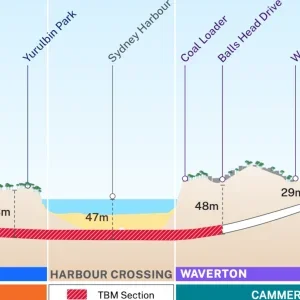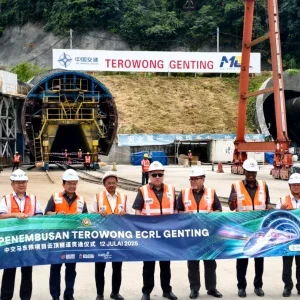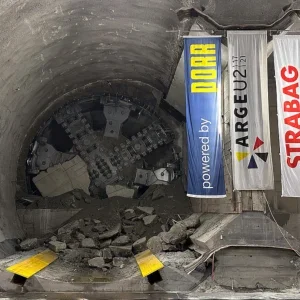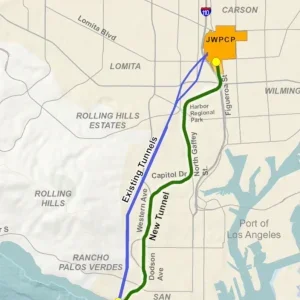The Fehmarnbelt fixed link will see an 18km-long immersed tunnel between Rødbyhavn on Lolland and Puttgarden on the German island of Fehmarn.
On the other project, the upgrading work will result in the line expansion with two electrified rail tracks, allowing for speeds of up to 200km/h.
The Fehmarnbelt link is expected to minimise the travel time between Copenhagen and Hamburg by approximately 2.5 hours. Both the projects will be financed by users of the fixed link, Femern stated.
Constituting the final environmental approval of the project, the Construction Act, which will authorise the state-owned companies, Femern and Femern Landanlæg, to build and operate the fixed link and associated landworks in Denmark respectively.
However, construction on the project will start only when German plan approval is in place and after the review of the overall economics of the Fehmarnbelt project this autumn.
In Germany, even though the political decision for the project was taken in 2009, the process to give formal approval by the authorities in Schleswig-Holstein is still in progress.
Archaeological investigations will continue in parts of the production area since it was awaiting the environmental approval, Femern said.







